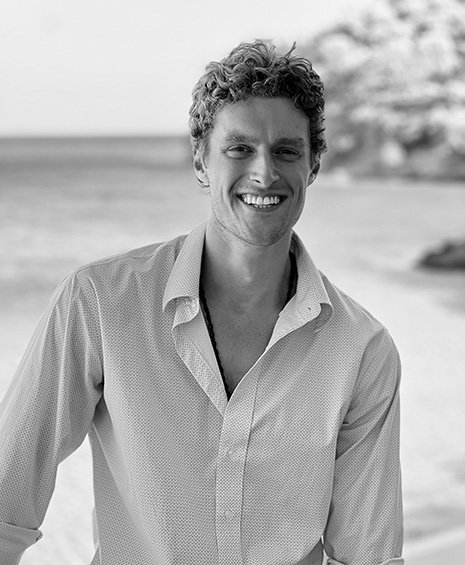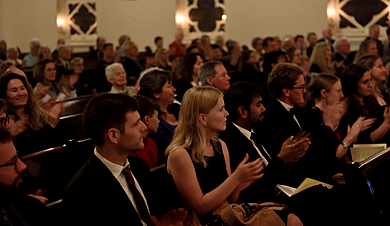Will grew up in Madison, a small historic town in rural Georgia, and went on to study pure mathematics at Georgia Tech in Atlanta. He first chose mathematics because, to his high school self, it seemed the closest thing to becoming a wizard. There was—and still is—something undeniably mystical about the whole enterprise. Mathematics struck him as the one discipline that took truth seriously—something firm, perhaps eternal, and even playful. The greatest proofs have a streak of personality woven into their necessity, as if they could have gone any other way and yet no other way at all. This blend of the human and the timeless lies at the heart of the old debate over whether mathematics is “discovered” or “invented.” In his view, our humanity is not erased in the presence of truth—it is amplified and required.
In college, he encountered the writings of Plato and realized that the luminous clarity he found in mathematics could also be had in thinking about things beyond the merely mathematical. Suddenly, the world contained not only shapes and numbers but also souls. The cosmos ceased to be a still life and became a narrative—one in which he himself had a part to play.
Over time, he became convinced that the world is far richer and stranger than even The Lord of the Rings. To see it as it truly is, and to live accordingly, is, to him, the very purpose of education. His aim is to recover the way he saw the world as a child, with wonder and vision (two words, as he learned at Ralston, that share the same Ancient Greek root: fοἶδα).
After graduating from Ralston College in 2025 with an MA in the Humanities, he is grateful to return as a Fellow for the academic year, assisting in the Greek language residency program while pursuing a project on the metaphysics of mathematics.




